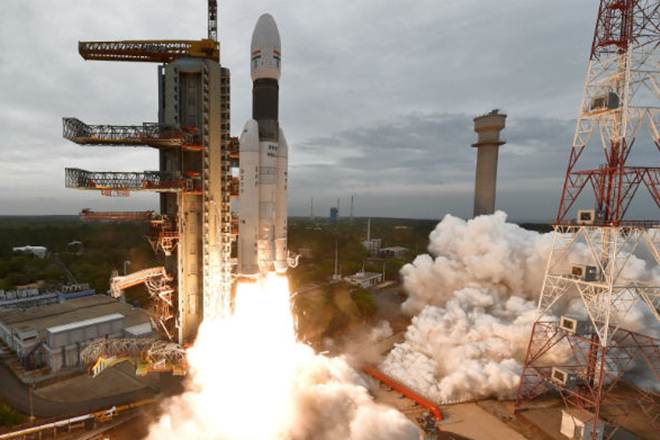In a historic decision, the Union government on Wednesday opened India’s space programmes to private players. The Union Cabinet, headed by Prime Minister Narendra Modi, approved private sector participation in the entire range of space activities. “This will unlock India’s potential in the space sector,” said Union minister Jitendra Singh, while announcing the decision.
The Cabinet approved the newly formed Indian National Space Promotion and Authorization Centre (IN-SPACe), which will act as an arm of the Indian Space Research Organisation (ISRO). IN-SPACe, which will be functional in six months, will provide “a level playing field” to private companies in the country’s space programmes, said minister Jitendra Singh. Though policies and good regulatory practices, IN-SPACe, in consultation with ISRO, will also guide and promote the private companies in their endeavour in space activities after assessing their needs and demands.
Private players are also allowed to use ISRO’s infrastructure, scientific and technical resources, and even data for their space programmes.




Private players in Indian space programmes: Until now there was limited participation from private industries in India’s space sector. It was restricted mainly to the manufacturing and fabrication of rockets and satellites. There is some, of late increasing, involvement from research institutes also. However, private participation is still very low. According to ISRO chairman K Sivan, as reported by the Indian Express, Indian industry accounts for a mere 3% in the rising $360-billion global space market. Rockets and satellite launch accounts for just 2% of it. Programmes like satellite-based services and ground-based system control the rest of the market.
So far, Indian private companies were unable to compete because their roles have been limited mainly to supply component and sub-systems. Even they lack resources and technology to handle independent space programmes the way companies like SpaceX in the US have been doing.
ISRO alone can’t cater to the rising demand for space-based applications and services within India as it’s growing rapidly.
Almost every sector, starting from agriculture to transport, weather department and even urban development, to name a few, now wants satellite data and imageries and space technology to draw their future strategy and grow business. According to Sivan, ISRO would have to increase its present size by 10 times to cater to the growing demand within India.
Many Indian companies have earlier envisaged their interest in Indian space programmes. Experts say they would grab this opportunity in both hands. There are few companies who are in the process of developing their own launch vehicles and rockets like that of ISRO’s PSLV, which carry the satellites into space. Sivan said “ISRO would like to help them” in their endeavours.
India currently conducts all its launches on ISRO rockets—different versions of PSLV and GSLV. Sivan told The Indian Express that ISRO is ready to provide all its facilities to private players and support their space-related projects, which are approved by IN-SPACe. He said ISRO, if necessary, would even provide land to private players if they want to set up their own launchpad inside the ISRO’s Sriharikota launch station.
According to the cabinet statement, IN-SPACe will act as a facilitator and also a regulator. The newly created centre will be an interface between ISRO and private players to facilitate the best use of resources.
ISRO will focus more on research and development activities, new technologies, exploration missions and human spaceflight programme, said the cabinet note. Right now a lot of ISRO’s resources are being consumed by routine activities, which is causing a delay in its strategic objectives. So many private companies across the world are engaged with space activities like launching weather and communication satellites. If private companies take over these activities, organisations like ISRO and NASA can more focus on space exploration by carrying out scientific missions.






















